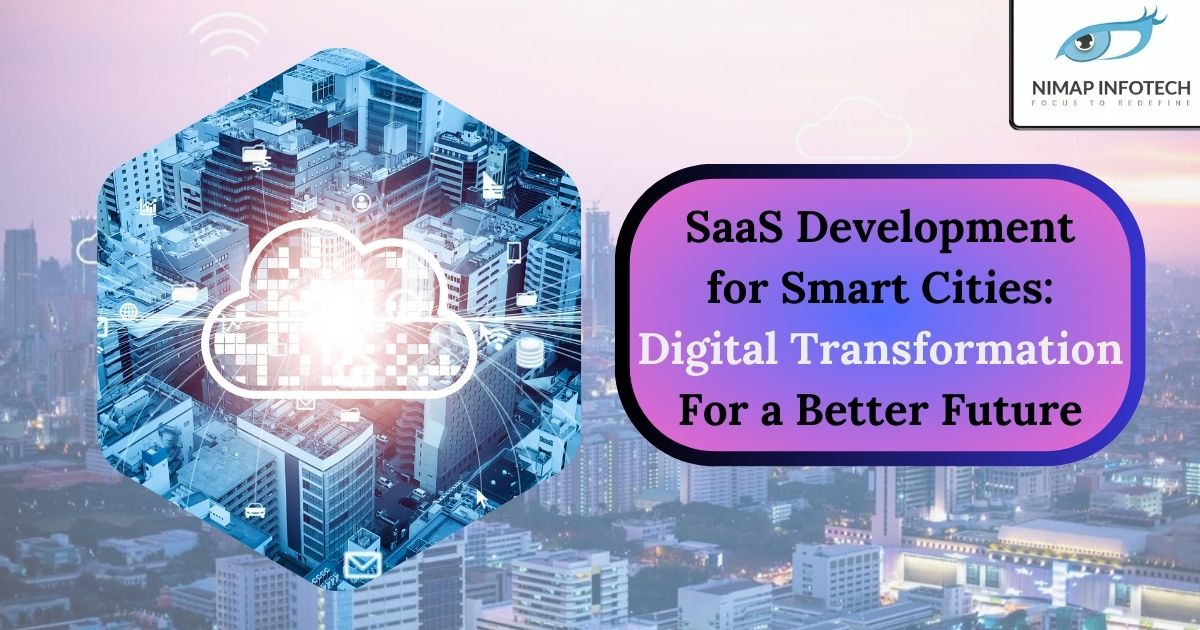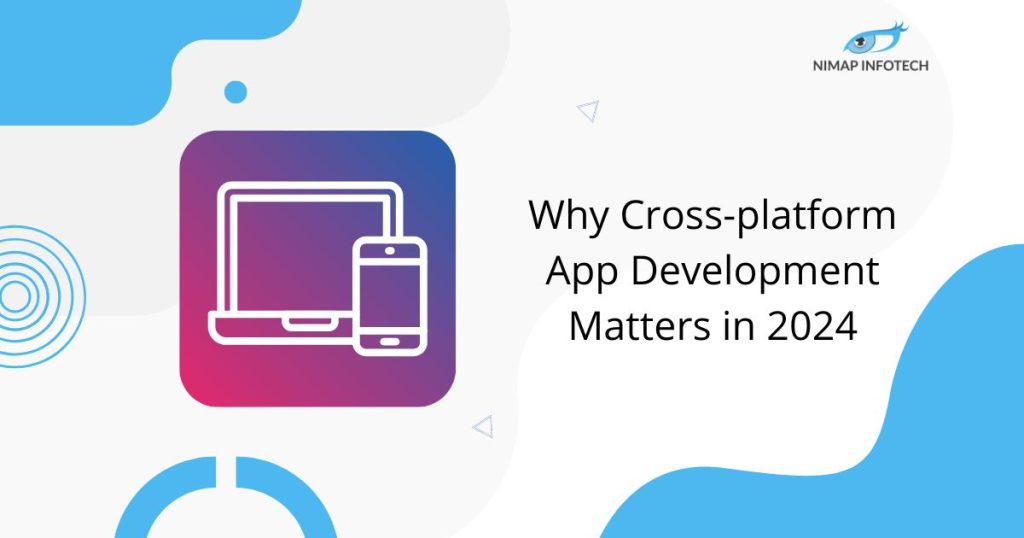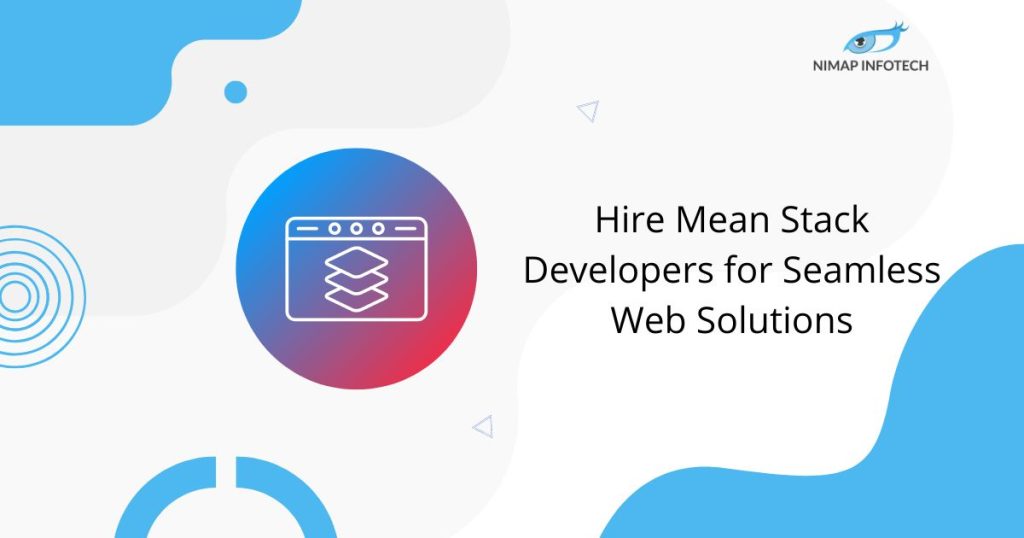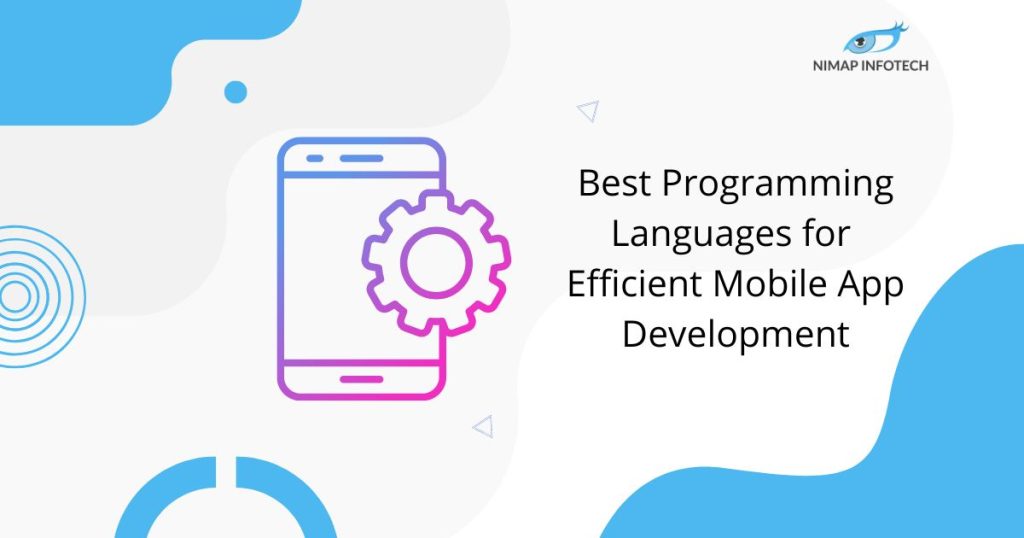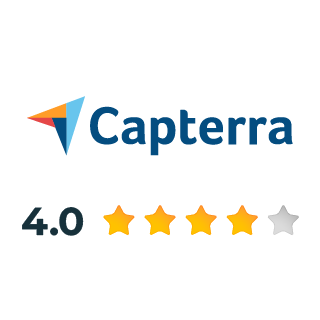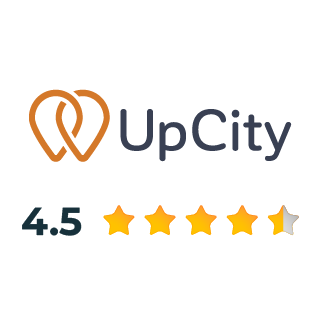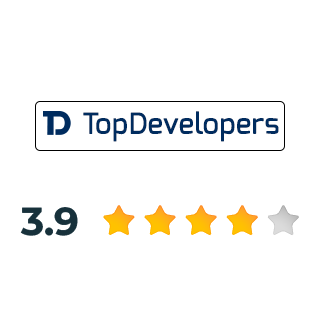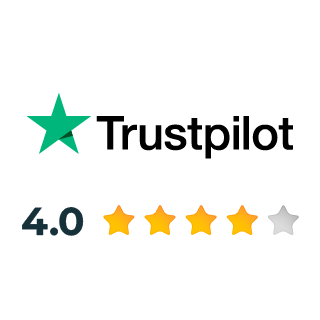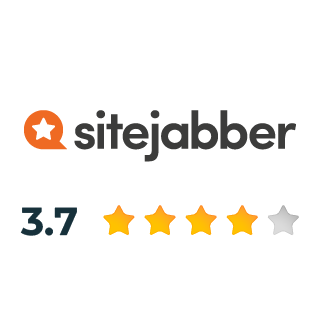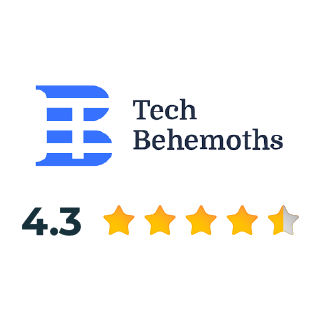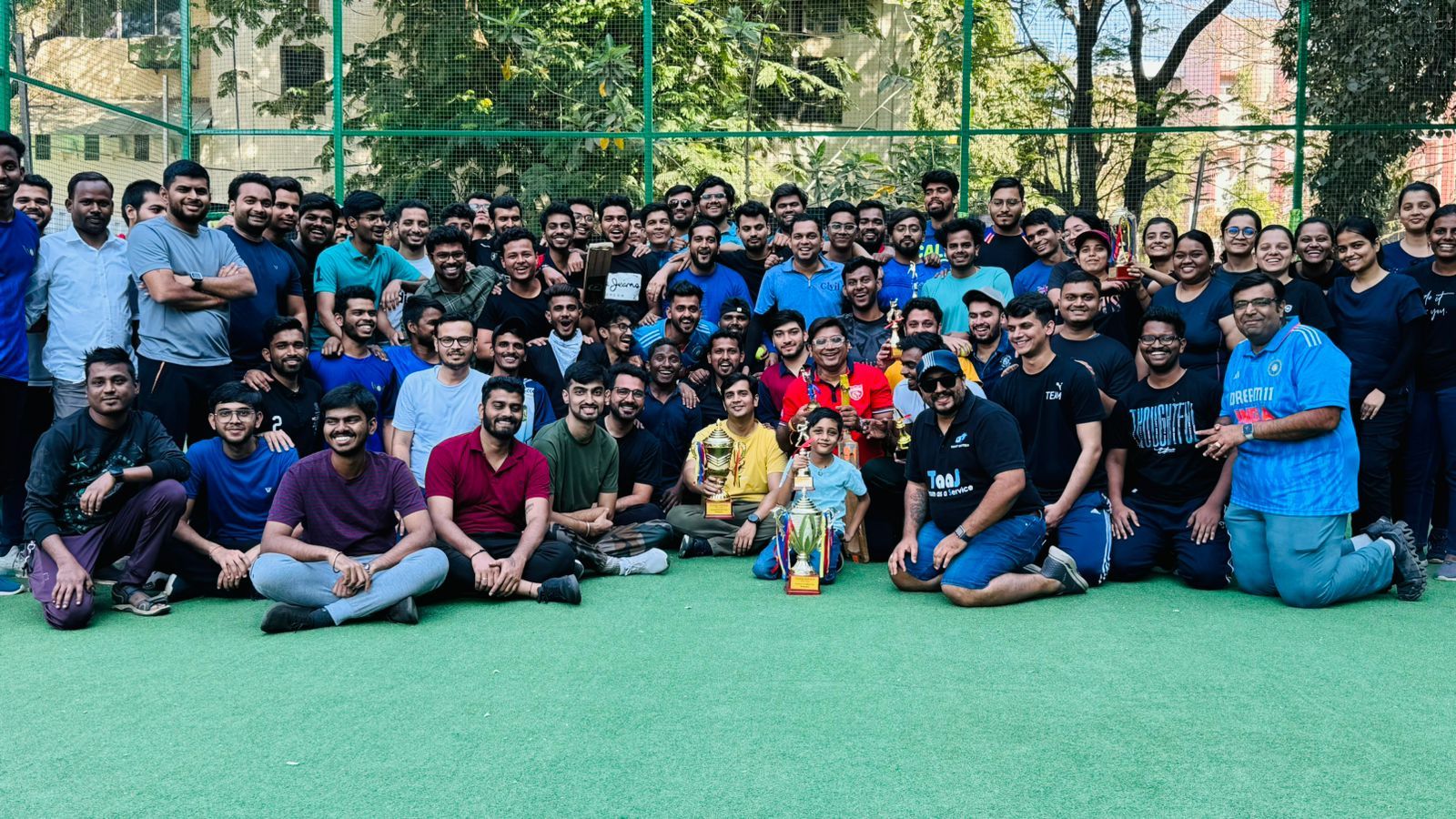What’s a Smart City?
An infrastructure developed with “smart” ideas and technology is what makes a city “smart,” including:
- IoT Devices
- Cloud computing
- Artificial intelligence
This framework enables cities to create environments that promote community and better meet the needs of their citizens. A smart city is simply a network of inventions that drive and improve inhabitants’ habits and skills, from driverless automobiles to more energy-efficient smart grids.
SaaS for Smart Cities –
Imagine a city where possibilities arise from urban difficulties, data-driven intelligence permeates the streets, and innovation has no boundaries. Partners in the private sector, entrepreneurs, and product innovators struggle daily to meet the increasing demands of urbanization. The growing cities and evolving issues necessitate a pressing need for innovative and efficient solutions. Software as a Service (SaaS) is a crucial tool that can serve as a valuable partner in various situations.
Role of SaaS in Smart Cities Development –
Automation:
- SaaS for smart cities is essential for automating commercial activities.
- SaaS automation helps to improve efficiency and cost-effectiveness by automating processes and services, freeing up resources for innovation.
IoT Integration:
- Businesses can obtain a plethora of data from SaaS applications for smart cities by simply integrating them with IoT sensors and devices.
- In the end, it improves the whole urban experience by facilitating informed decision-making.
Data Management:
- SaaS provides real-time analytics, scalable and secure cloud data storage, and data utilization for smart cities.
- This strategy enhances urban services, resource allocation for advancement and efficiency, and encourages informed decision-making.
Also Read: SaaS Application Development: A Comprehensive Guide to Challenges and Solutions
Cloud-based Solutions:
- The significance of SaaS for smart cities is critical, as it efficiently delivers cloud-based solutions for urban service administration.
- SaaS gives enterprises a centralized platform to optimize and monitor city services and infrastructure.
- With the help of an expert SaaS development company, this centralized strategy is essential for building and maintaining smart cities.
Technologies Enable Digital Transformation –
Internet of Things:
- An extensive network of machines, sensors, and other gadgets linked to the Internet is known as the “Internet of Things.”
- It includes everything from smartwatches that track your fitness to trucks equipped with sensors that can track their location in real-time to gadgets that monitor a patient’s heart rate.
- This streamlines life and improves various facets of business operations.
- The data is automatically collected and securely disposed of as needed.
- The amount of raw data produced by IoT devices is enormous, as you may already imagine.
- Proper management and analysis of this kind of data would be crucial to company innovation.
- Data and knowledge are crucial resources in the modern world.
Mobile Technology:
- Many people struggle to recall a time when smartphones and other smart devices were less prevalent.
- Smartphones and tablets have revolutionized the way users access and perform tasks on their small, portable devices.
- Beyond only making and receiving calls, technology has evolved to follow you everywhere you go.
- Your phone allows you to send and receive emails, download files, and even edit them for work purposes.
- Some applications can serve as a helpful reminder to maintain good health, increase water intake, and take medication.
Artificial Intelligence:
- Most likely, you’ve heard about how machine learning and artificial intelligence could completely change the nature of the labour sector.
- Global attention has been drawn to the impressive outcomes produced by artificial intelligence chatbots, including Open AI’s ChatGPT, Google’s Bard, and Microsoft’s Bing’s thought-provoking responses.
- These days, it’s perhaps one of the most discussed digital technologies.
AI in Entertainment:
- Users of Netflix or Spotify are presumably accustomed to receiving recommendations for new films, series, or music.
- AI and ML algorithms are used to do this.
Artificial Intelligence in Healthcare:
- Advanced devices that can recognize cancer cells, diagnose disease, and employ data analysis to provide an early diagnosis have long been built using this technology.
AI in Manufacture:
- Automation of manufacturing lines using AI and ML has been around for a while, and it greatly reduces human error and downtime.
Robotic Process Automation(RPA):
- Robotic Process Automation (RPA) is a technology that has been developed through the integration of AI and machine learning.
- Contrastingly, an RPA surpasses AI in sophistication and is trained to interact with people in a human-like fashion.
- It frequently completes activities with a high degree of accuracy, including data auditing, data migration, invoice maintenance, inquiry processing, etc.
- This technology might potentially totally reorganize the workflow to improve productivity.
- Furthermore, because it doesn’t require periodic breaks, it can consistently handle heavy workloads every day.
Key Advantages of using SaaS –
Efficiency and Productivity:
- SaaS improves total efficiency by streamlining urban operations through automation and optimization.
- Real-time analytics and data enhance resource allocation and decision-making processes.
Global Accessibility:
- SaaS enables remote service delivery, which promotes ease and inclusivity.
- It encourages remote employment and citizen engagement, which improves the responsiveness of services to the varied demands of citizens.
Collaboration and Integration:
- SaaS product development for smart cities promotes smooth integration of urban systems and departmental cooperation, resulting in a more connected and efficient urban environment.
- This strategy comes highly recommended, particularly when assisted by an experienced SaaS development company.
Market Expansion:
- Smart cities that lead in the adoption of SaaS provide prospects for market expansion for partners in the private sector and business owners.
- SaaS automation for smart cities can elevate their global urban influence and create new revenue sources.
Customization:
- SaaS solutions can be customized by private sector partners and product owners to meet particular local demands, integrating technology with particular goals and obstacles.
- SaaS solutions for smart cities benefit greatly from this flexibility, which makes it possible for them to satisfy particular needs.
Data Security and Compliance:
- Businesses can trust that SaaS solutions in smart cities prioritize data security and compliance, safeguarding sensitive information.
- For partners and product owners working with data-driven goods or services, it is essential.
Competitive Edge:
- Urban areas may portray themselves as innovative hubs and draw investments by implementing SaaS development for smart cities.
- Companies can appeal to private sector partners and investors seeking to enter new markets and industries.
How to Successfully Use Digital Transformation?
Keep in mind that no two businesses are alike, and there isn’t a single digital solution that works for them all. To fully support digital change, engage seasoned experts, choose the ideal partner, and discuss significant decisions with your team. Making smart decisions can help you stay competitive in the increasingly competitive economic landscape.
Before you launch any digital transformation project, make sure to abide by the general guidelines listed below.
Evaluate the Situation:
- It’s possible that you already know what you want to happen, and that’s a wonderful thing.
- Work backwards from there, though, and consider how your company is now operating: How are employees now employed? What does modern security look like? How do you guarantee adherence?
- A thorough grasp of your existing business will increase the likelihood that the digital transformation will be long-lasting and successful.
Find the Right People:
- Employers should hire developers with domain experience.
- Effective leadership is crucial, but a lack of technical understanding can lead to the strategy’s failure.
- Monitoring your budget is crucial as it may require external guidance at times.
Create an Adoption Plan:
- The success of a digital transformation is contingent upon its implementation.
- Assist your colleagues in embracing the new digital project by involving them in the process.
- Prepare to deal with outdated systems and alter current processes as well.
Possess a Flexible Mindset:
- The agile technique is highly successful when used during a change.
- Regular field-tested releases of consumables provide valuable feedback on the project’s progress.
Read More: Digital Transformation Strategy: A Complete Guide
Conclusion
The emergence of Software-as-a-Service (SaaS) solutions is contributing to a major revolution in the future of operational technology. In the rapidly evolving digital landscape, businesses are using cloud-based solutions more and more to optimize efficiency and streamline operational operations. The text does not provide any information on the future of operational technology.
Nimap Infotech is dedicated to bringing in this revolutionary era and assisting companies in utilizing SaaS to improve security, scalability, and operational effectiveness. SaaS adoption is becoming more and more necessary as the industrial world changes; it’s a strategic necessity to prosper in the digital era.
